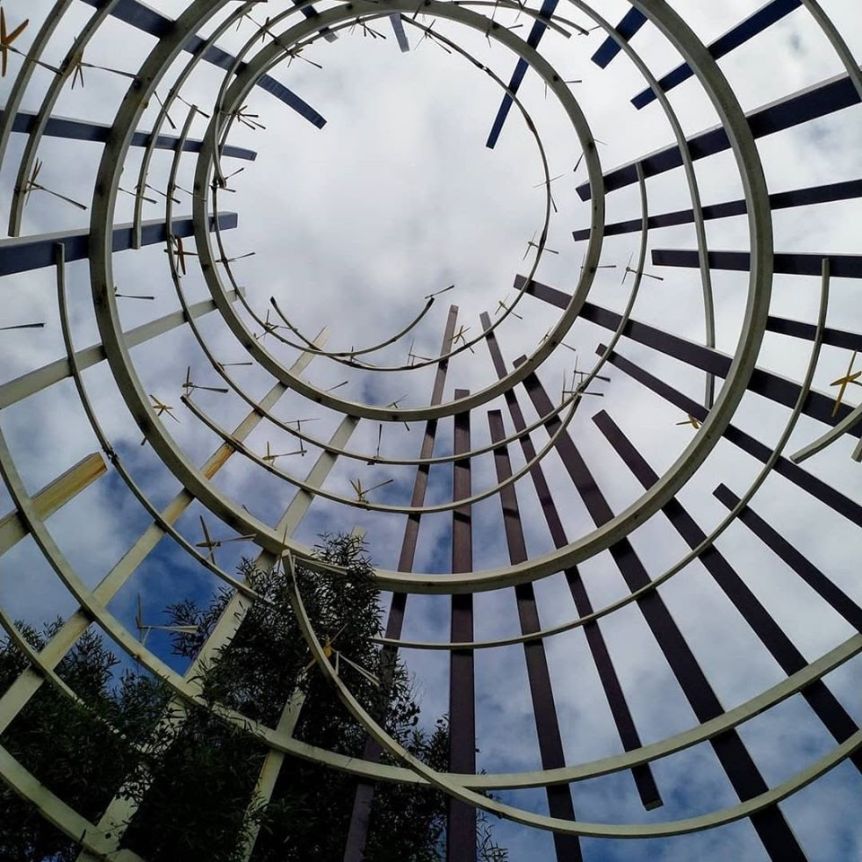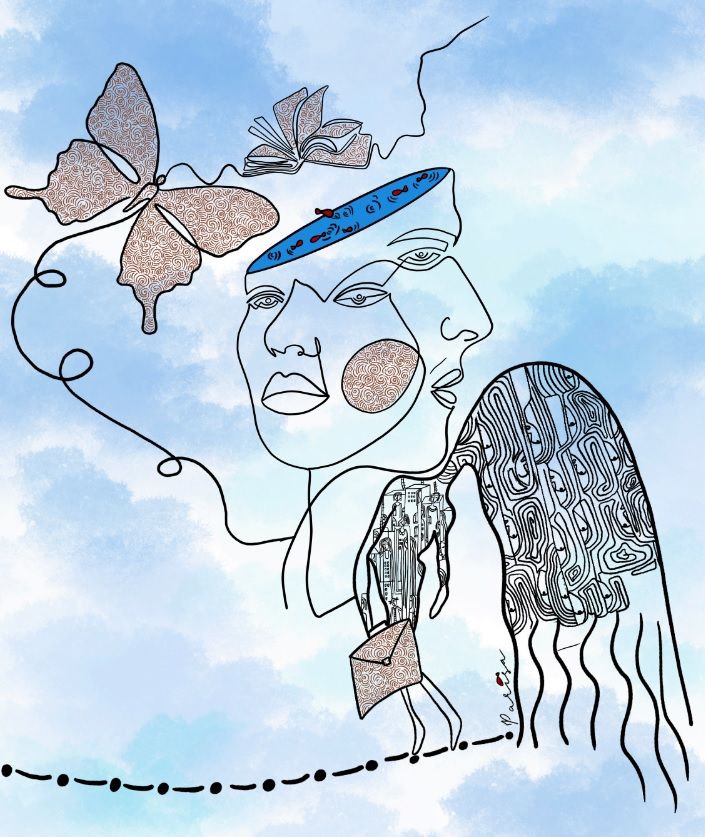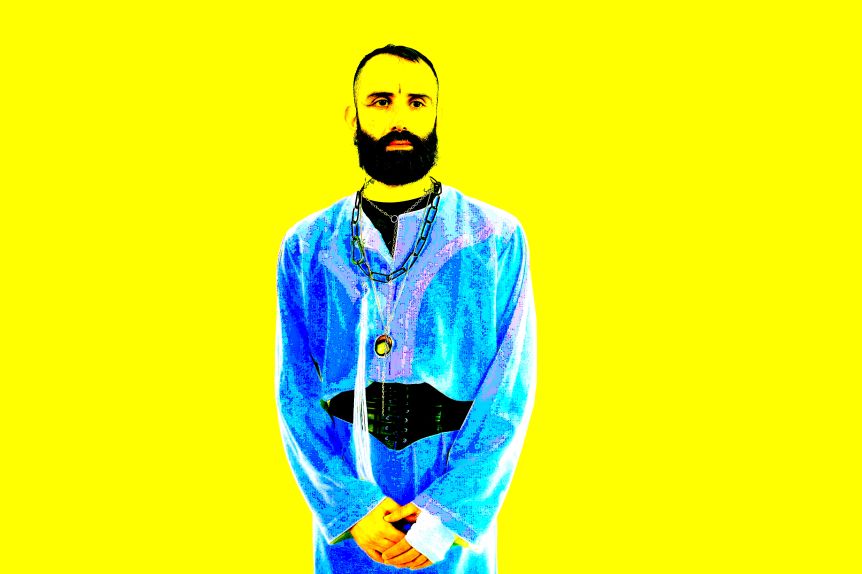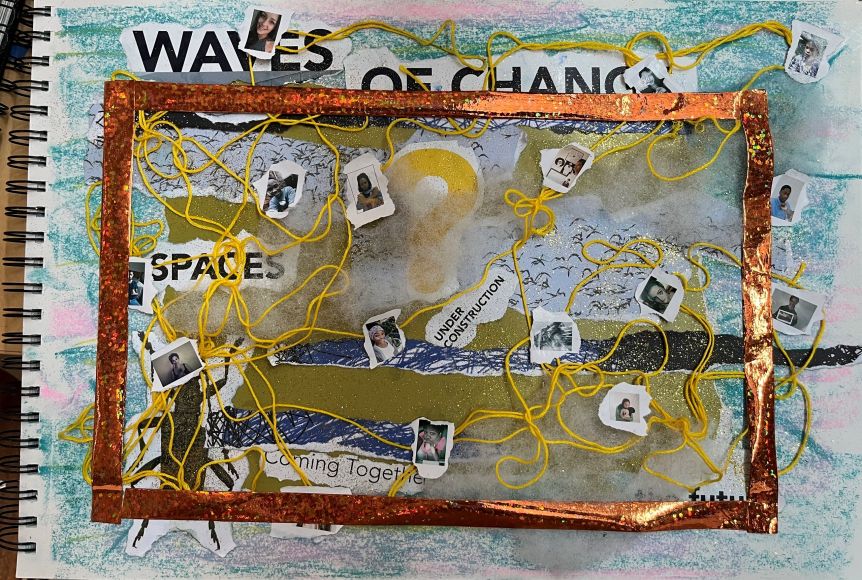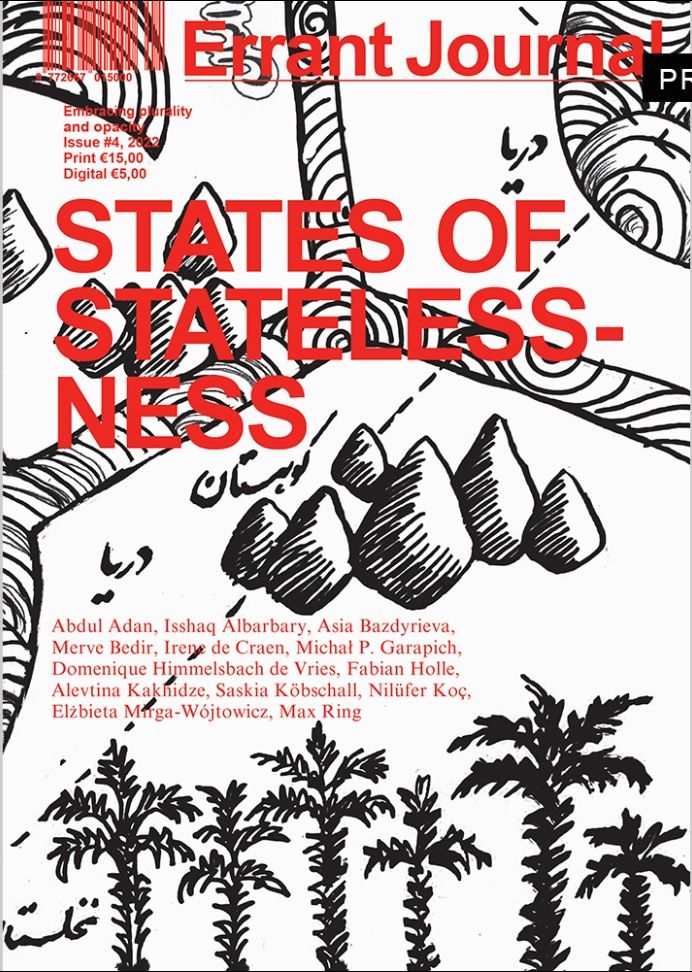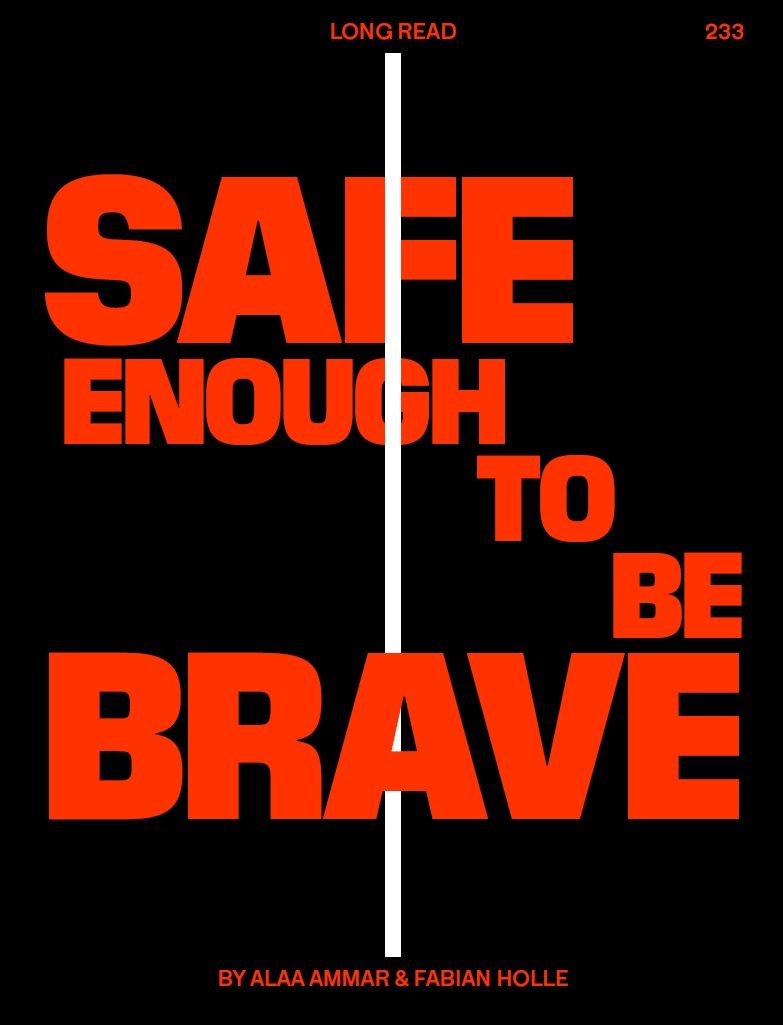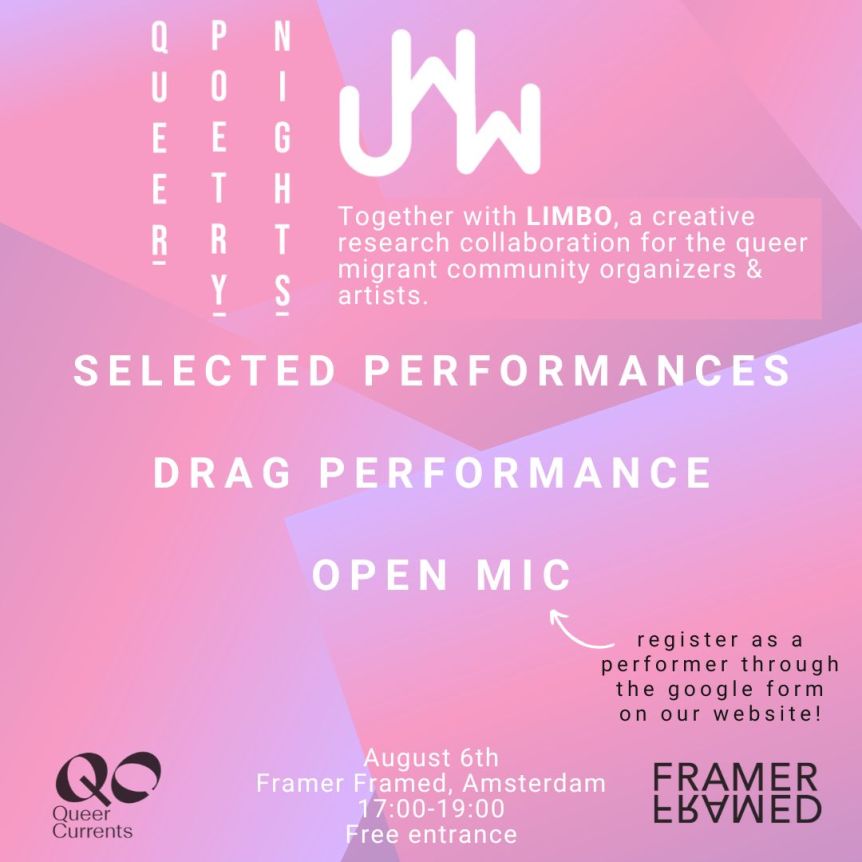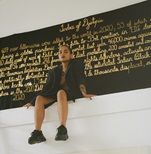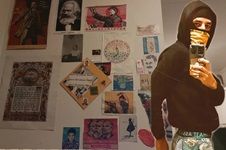“If they cannot love and resist at the same time, they probably will not survive.” ― Audre Lorde
Earlier last year I was asked to present my current project at a South African university. I had been nervous since the invitation arrived because I had just started my PhD and I felt inexperienced. Still, I wanted to be polite and please the local partners. When the day arrived, I somehow handled my worries and made it through a short introduction of my background and the general goals of the research. I did my best to highlight how humble and grateful I was to be able to be part of this project and focus on South Africa. I was trying hard to be polite, to please the local partners. But it was in vain: a women in the audience described the presentation as violent. She made it clear that mistrust was the point of departure in our relationship. It doesn’t matter that I’m not European, she let me know. Either way I’m an outsider that lacks the knowledge and experience of South African history, its culture and its struggles.
On the spot, I could barely reply, saying that I was thankful for her response and was seriously taking it into consideration. In a clumsy manner, I confessed that my presentation, while considered violent, represented a meaningful topic to me at a personal level and I was motivated to keep going. I wanted to express that it was never my intention to be violent, that my intentions were good, that I was good… I don’t think that I transmitted that message, mainly because her response had made me doubt myself.
It was curious that in such a crucial moment, my whole senses were sharply focused on the speaker, while I felt so disturbed that I couldn’t process or react properly. Together with surprise and confusion, a cold sensation of fear permeated my skin. I felt overwhelmed, overly conscious of my whole being taking space in the room, while a sort of quiet anger overtook me. This unpleasant mixture of sadness and anger lasted for a while. I went back to my hotel room feeling deeply frustrated about my presentation, for my incapacity to establish a dialogue.
When my partner called that evening, the sound of the voice of someone I loved left me with no option but to allow myself to let all sorts of negative thoughts flow through tears. It was a messy conversation. I told him about the presentation together with some random facts about the history of South Africa, the recent news around the 2019 elections, the complexity of using any sort of labels and concepts in academia. I also mentioned how awkward I felt when they asked for my ‘race’ in some surveys, and the constant warnings not to walk around on my own, not to use my phone in public, not to go out at night.
‘How am I supposed to build trust with others when I cannot walk to the next street on my own?’ I asked my partner.
‘How can I disentangle the complexity of South Africa when hearing its inhabitants makes me feel so vulnerable?’. I thought, but I didn’t dare to say that out loud.
While my partner advised me to be kind to myself, I had the impulse to interrupt and let him know that it was not about me. It was about the people I had met that day and who felt I was not trustworthy. It was about how somebody stated that my own background doesn’t allow me to automatically understand South Africans or to be ‘one of them’. I was annoyed because I already knew that was true. Yet, why did I kept thinking about my own past to make sense of this new context? I thought carefully about that young South African women who dared to unapologetically express her thoughts. I recalled her voice and her gestures, and it reminded me of the passion and the power of the youth in my homeland who stand for a more just society. A youth I often claim to be part of.
Over the night, the details of the presentation clouded my sleep. Luckily, I slowly began moving from fear and anger to a certain admiration of the women’s ability to dare not to take things for granted and speak out. Ironically, these are qualities that I have long pursued and that have, to a large degree, guided me to conduct research in South Africa. If my principles, ideals, or goals were so similar, why was there confrontation? I wondered if something had changed. Had I stopped being a student seeking transformation through creativity? Perhaps I had become too used to the comfort of the Netherlands and adopted a different dynamic of resilience.
The following days after my presentation I had the opportunity to meet with several characters from the same university to discuss what happened. They were not surprise at all for the reaction, but they did show certain empathy for my confusion.
‘Being uncomfortable is normal’ said a man who had done a lot of work together with the community of a local township, ‘It is crucial’.
While nobody could gave a concrete recommendation for dealing with confrontation, hearing other’s experiences shifted my perspective. I looked at the woman’s reaction neither as a personal attack nor as a sign to give up. Instead, I accepted a state of discomfort (which I couldn’t avoid anyway) and digested it as a real, natural element of human interactions. I let myself fall into a roller-coaster of emotion that messed up my thoughts. Yes, this ride triggered all sort of heavy emotions, but it also motivated deeper introspection of who I am and why and how I do the work I do.
As a young researcher, I constantly return to the power of emotions as a sort of luminous force that guides and shapes my PhD trajectory. Love in particular has become a basic requirement for perseverance. While spending most of my time reading, writing, listening, and learning, it has been love that encouraged my daily efforts. Even more, it is love that has guided me into academia as the place where I aim to merge my intellectual capacities along with my emotions, to bring some positive outcomes to the world, no matter how small these might be. Still, at times I have found love tricky, complex, and ambiguous.
I continually find myself wondering: how can I love the unknown? Love even the problematic, the complex, the uncomfortable and the confrontational. Can love exist when there is no trust?
With some guilt, I again remember my own background. Not so much with the intention to compare, but simply to remind myself that the heart is able to hold contrasting emotions of joy and pain and still keep beating. I remember how the place where I grew up is often portrayed as dangerous, undesirable, and difficult. Mexico is raw, harsh, unpredictable, complex. At the same time it is the setting of my happiest moments, and the home of the people I love the most. There, I was raised to understand that love is not supposed to be easy, and yet it’s omnipresent. That reminder gives me faith.
Back in the Netherlands, I remain in this journey across love and mistrust. Every day, when I sit to craft my research, I like to play South African artists like Miriam Makeba, Sun-El Musician, and Hugh Masekela. I enjoy listening to their vibrant voices singing sad lyrics. They are the soundtrack of my journey as I strive to love a country that I barely know, a people I’ve not yet met, experiences I am still to encounter, and the mistakes I’ll certainly face. As I prepare academically, my being opens to the unknown:
Can I love and resist at the same time? ‘I can. I must. I will’ I often remind to myself.

